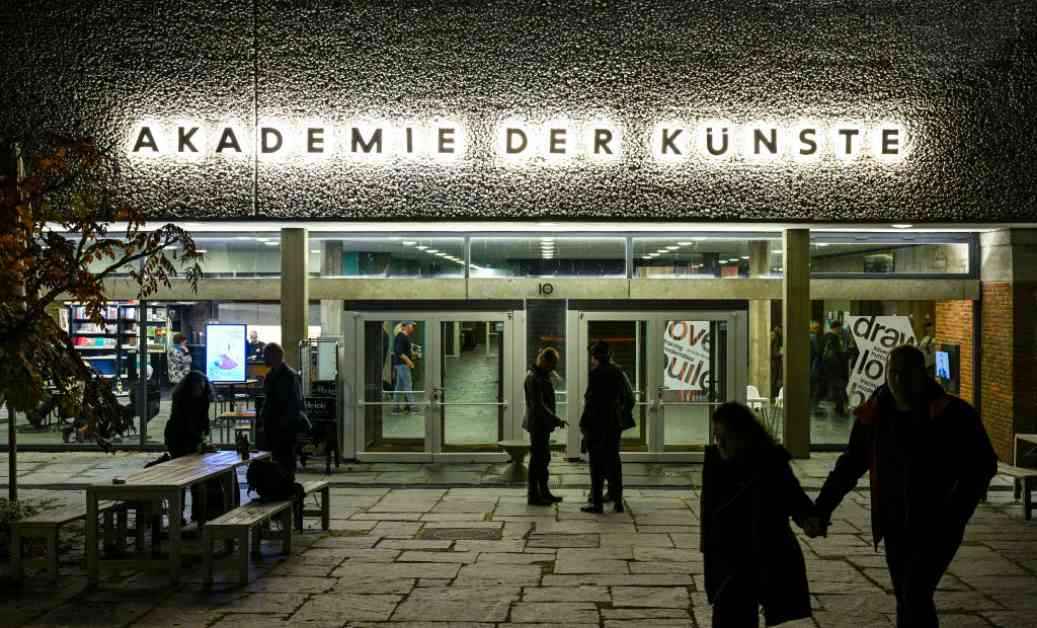Fareed Armaly, a renowned American artist and curator, recently made waves in the art world by turning down Germany’s prestigious Käthe Kollwitz Prize. The €12,000 award, established in 1992 by the Academy of Arts in Berlin to honor accomplished artists, was declined by Armaly due to what he perceived as censorship issues within the country’s cultural institutions.
Armaly, who hails from the United States and has Lebanese-Palestinian roots, voiced concerns over what he described as a “highly politicized, reactionary shift” in Germany’s cultural policies. This decision sheds light on broader debates surrounding artistic freedom and political influence within the art community.
In a statement to The Artnewspaper, Armaly explained that while he would have gladly accepted the honor in the past, he could not do so under the current circumstances. His artistic practice often delves into themes related to Palestine, making him particularly sensitive to any stifling of pro-Palestinian views.
### Armaly’s Stand Against Censorship
Armaly’s principled stand against censorship comes at a time when Germany is grappling with increased scrutiny over perceived restrictions in its cultural sector. Following the terrorist attack on Israel in October 7, 2023, and the subsequent conflict in Gaza, German cultural institutions have been swift to cancel exhibitions, contracts, and awards associated with viewpoints deemed as antisemitic or anti-Israel.
The situation was further inflamed by a 2023 German parliamentary declaration that linked public cultural funding to adherence to the International Holocaust Remembrance Alliance’s definition of antisemitism. Critics argue that this policy risks stifling legitimate criticism of Israel by equating it with antisemitism, paving the way for censorship and self-censorship within the artistic community.
### The Impact of Armaly’s Decision
Armaly’s decision to decline the Käthe Kollwitz Prize reverberated across the art world, prompting reflections on the intersection of art, politics, and freedom of expression. By taking a stand against what he perceives as censorship, Armaly has ignited a broader conversation about the responsibilities of cultural institutions and the role of artists in challenging political norms.
The Academy of Arts, in response to Armaly’s rejection, made the bold move of canceling this year’s prize, emphasizing its commitment to artistic freedom. This decision underscores the complex dynamics at play within the art world, where tensions between creative autonomy and political pressures often come to the fore.
As artists like Fareed Armaly continue to navigate these challenging waters, their choices serve as a testament to the enduring power of art as a tool for social critique and resistance. In an era marked by increasing censorship and political polarization, Armaly’s refusal to compromise his principles stands as a poignant reminder of the vital role that artists play in shaping our collective consciousness.
In conclusion, Fareed Armaly’s decision to reject the Käthe Kollwitz Prize serves as a powerful reminder of the ongoing struggles for artistic freedom and expression in an increasingly politicized world. As we grapple with complex questions of censorship, identity, and power, artists like Armaly offer us a glimpse into the transformative potential of art to challenge the status quo and inspire change.












